
The International Court of Justice (ICJ) has delivered its Advisory Opinion that climate inaction can break international law.
Or, "countries can sue each other over climate change" as the BBC puts it.
The so-called Advisory Opinion lays the groundwork for those affected by climate devastation to seek justice, including compensation from nations with past and present responsibility for fossil fuel emissions.
The court specifically mentions that governments are responsible for companies operating within their borders. There is a specific mention that fossil fuel subsidies and licenses could violate international obligations.
Crucially, all nations have a responsibility to the environment, regardless of their commitment to agreements like the Paris Accord.
Although the Opinion is non-binding, findings like this one are a "legal blueprint".
Lawyers speaking to the BBC suggested after the ruling that it "could be used as early as next week, including in national courts".
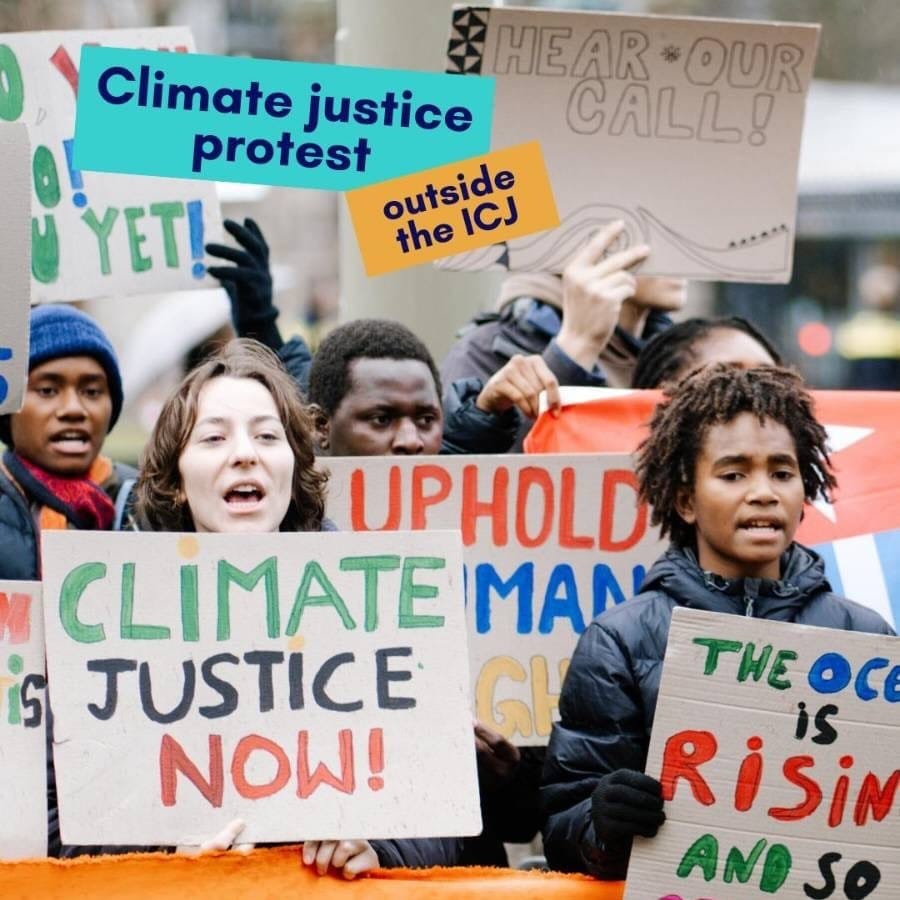
What makes this story even more inspiring is that it all began six years ago with a group of 27 law students from the Pacific Islands.
In 2019, they formed the Pacific Islands Students Fighting Climate Change (PISFCC) movement with one ambitious goal: to bring the world’s highest court into the climate fight.
They believed that small island nations, already facing rising seas and extreme weather, needed stronger legal protection, not just promises. They worked with activists, lawyers, and Pacific leaders to build political momentum.
In 2022, Vanuatu, one of the most climate-vulnerable nations, formally took up their call. Backed by over 130 countries, Vanuatu brought the request to the United Nations General Assembly in 2023, which overwhelmingly approved it.
The question was then referred to the International Court of Justice (ICJ) to clarify countries’ legal responsibilities on climate change.
After public hearings in 2024, the court delivered its Opinion last month.
 Pacific Islands Students Fighting Climate Change
Pacific Islands Students Fighting Climate Change
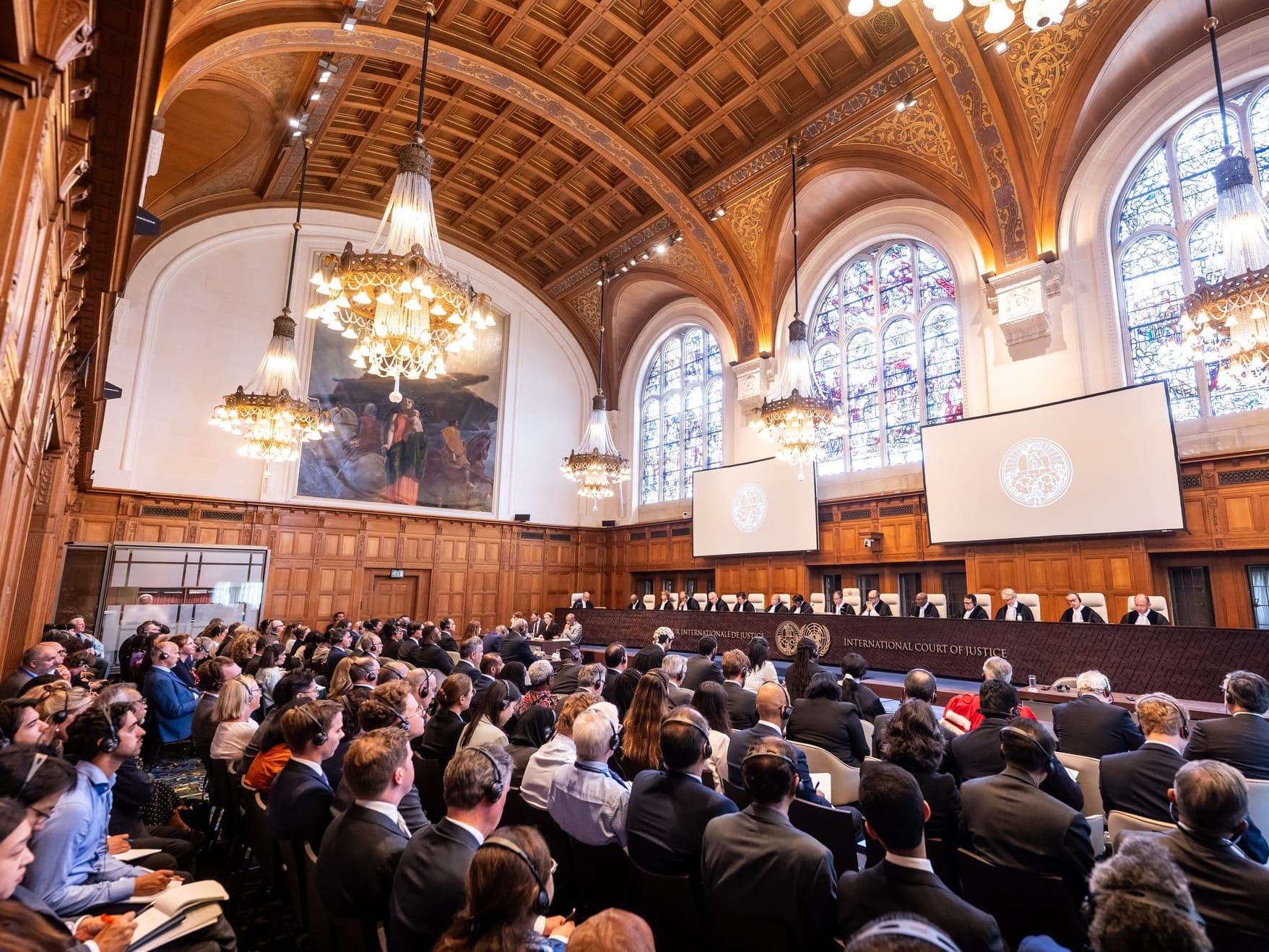
Hear more
Outrage and Optimism has two recent episodes on the story and backstory.
Episode 306: Breaking Planetary News: The ICJ Climate Opinion Explained features guests Julian Aguon and Jennifer Robinson (lawyers who represented vulnerable Pacific island states) sharing their unfiltered reactions moments after the judgment. It distils key takeaways on legally-binding climate duty, reparations, and protecting 1.5 °C goals.
Episode 303: The Climate Case of the Century: Inside the story of a youth-led legal movement expands on the backstory and the youth-led campaign. The episode features Cynthia Houniuhi, one of the 27 law students who launched the PISFCC and movement leading to this ICJ advisory opinion. It goes deeper into the origins and strategy.


Read more
You can read more and hear more analysis of the implications via the links below.
 BBC NewsEsme Stallard and Georgina RannardBBC News Climate and Science
BBC NewsEsme Stallard and Georgina RannardBBC News Climate and Science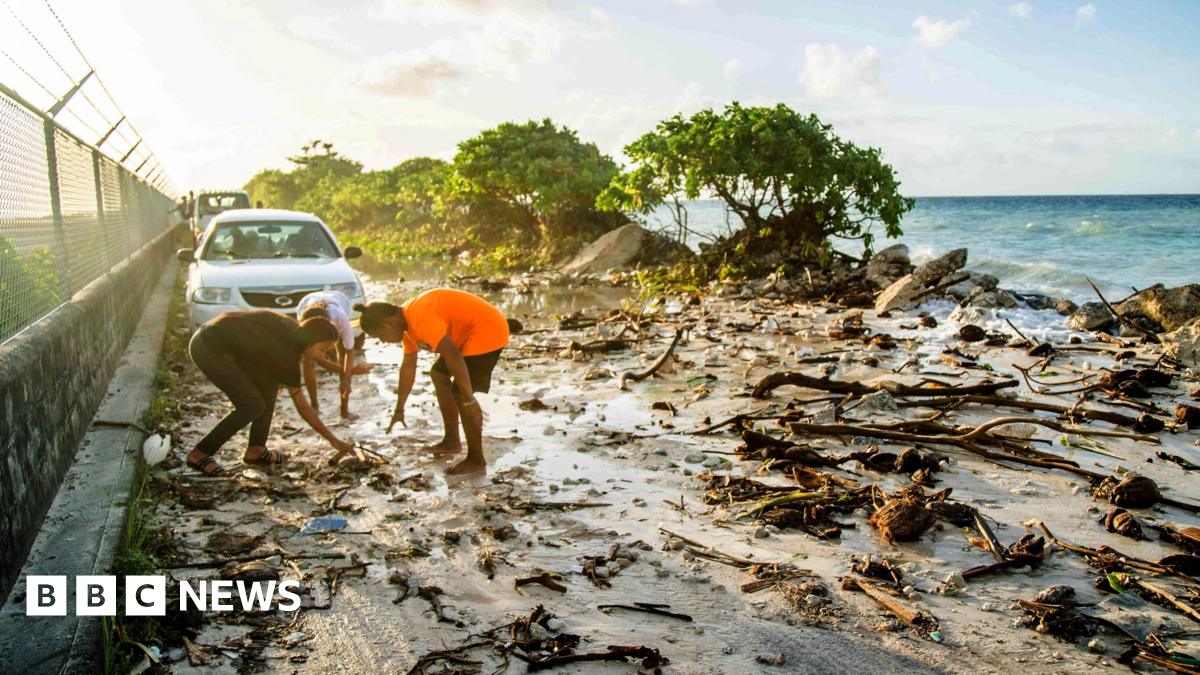
 TimeSimmone Shah
TimeSimmone Shah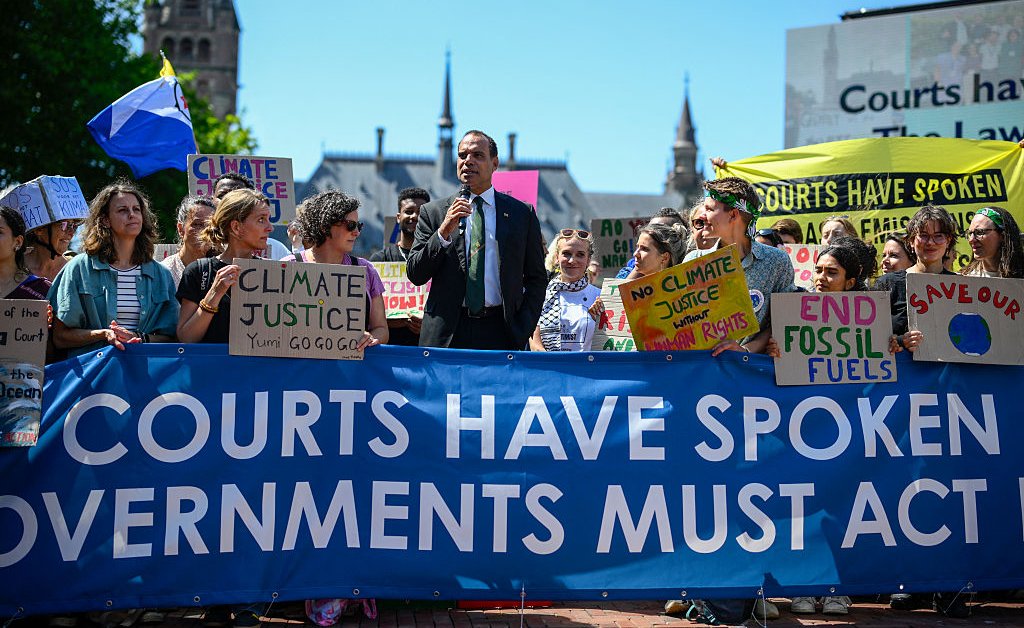
 The GuardianKate Lyons
The GuardianKate Lyons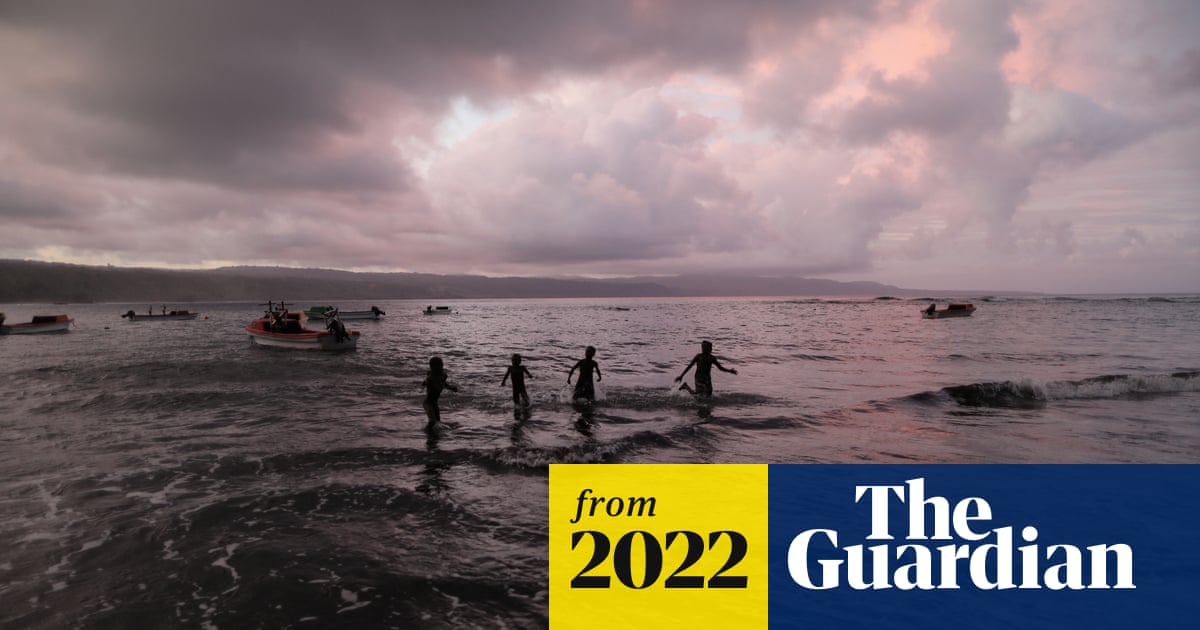
 The GuardianSera Sefeti
The GuardianSera Sefeti
The press release: go.icj-cij.org/46VA1mk
The full text of the Advisory Opinion: go.icj-cij.org/4lIAvRx
The summary of the Opinion: go.icj-cij.org/4kYgfKy
Sign up for URGE Collective
A creative industries collective dedicated to system change
No spam. Unsubscribe anytime.

